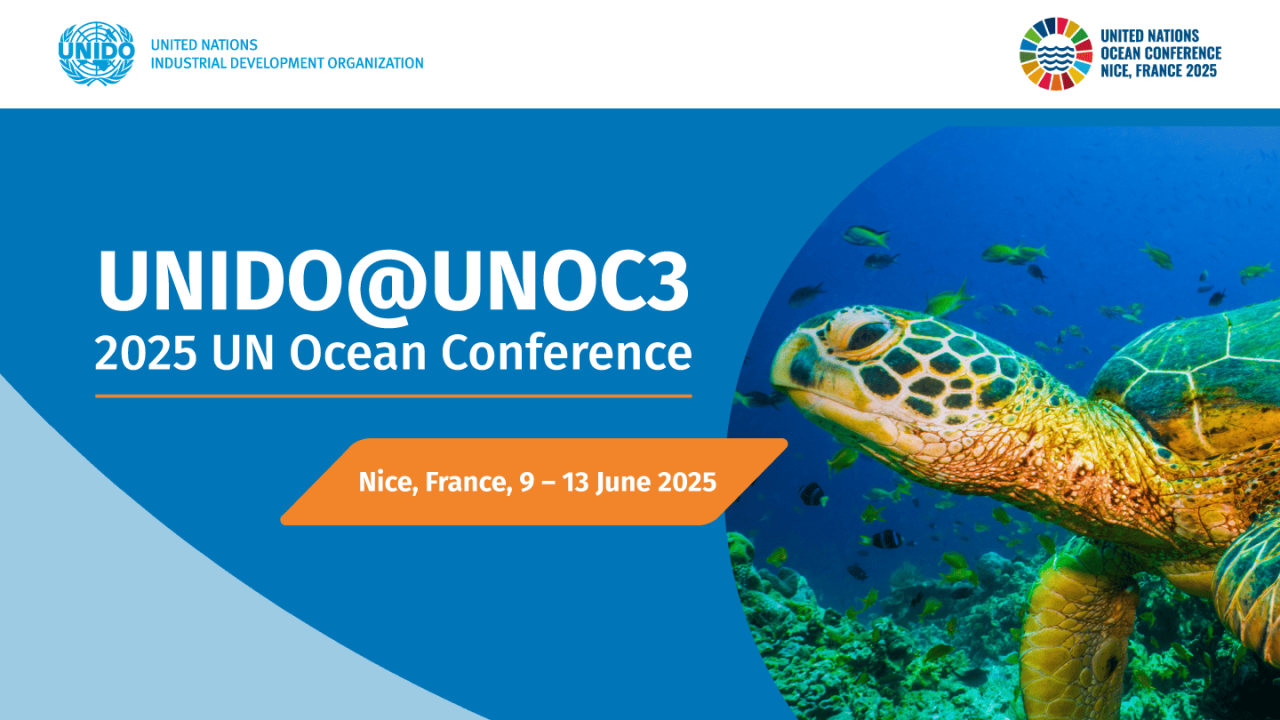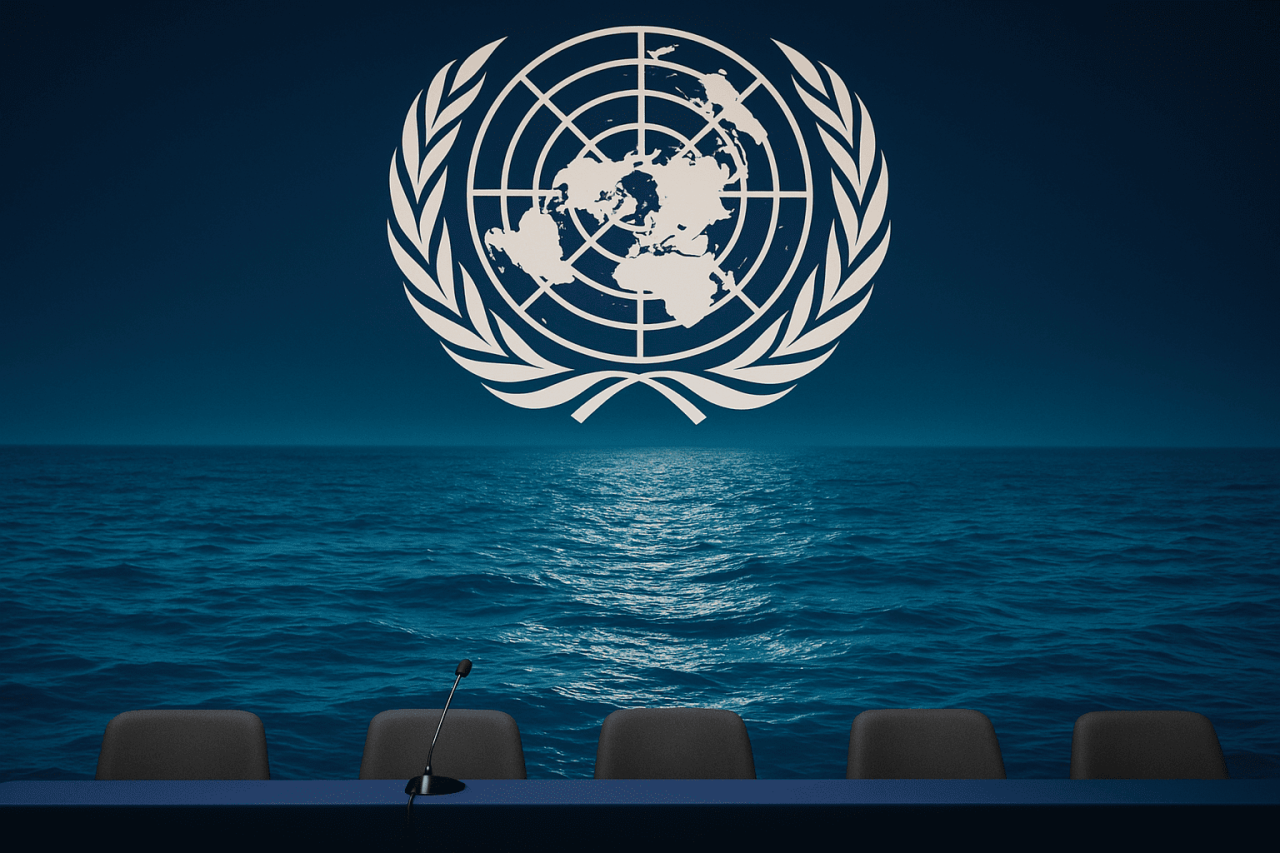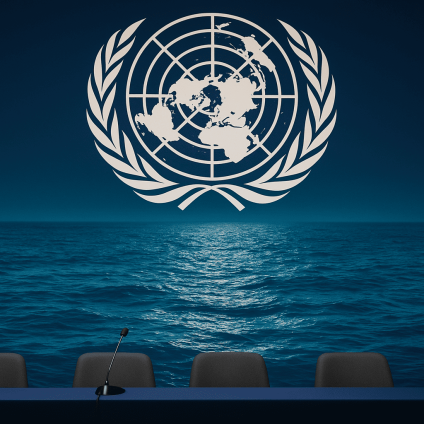In Nice, delegations from 120 countries, including more than 50 heads of state and government, gathered with the goal of saving the ailing ocean.

Global momentum grows as 55 countries ratify the UN High Seas Treaty
The UN High Seas Treaty has reached the necessary level of global support and could officially enter into force by early 2026. Speaking at the end of day one of the third United Nations Ocean Conference, held for the first time in Nice, French President Emmanuel Macron announced that 55 countries have ratified the agreement, with another 30 expected to do so by the end of the year. “This means the treaty could come into force on January 1 next year. We will finally have an international tool to regulate and govern the high seas,” Macron said.
Rising global temperatures, deep-sea mining, and unregulated fishing pose serious threats to marine ecosystems. Without proper protective frameworks, international waters could face irreversible damage. “As the Earth heats up, the ocean is boiling,” Macron warned in his opening remarks. “Scientists are telling us things we never imagined: heatwaves in the heart of our ocean. And with rising sea levels, along with the threat of fire, the looming prospect is submersion.”
The ocean plays a critical role in mitigating climate change, absorbing nearly 30% of global CO₂ emissions. But as ocean temperatures rise, this natural buffer weakens, along with marine biodiversity and carbon absorption capacity.
Brazil also pledged to ratify the UN High Seas Treaty by the end of 2025 to ensure transparent and cooperative governance of biodiversity beyond national borders. President Luiz Inácio Lula da Silva made the announcement during the Nice summit. Brazil is among the countries most affected by climate change. In 2025, the Amazon biome recorded its highest level of deforestation since 2016.
What the UN High Seas Treaty aims to protect
Delegations from 120 countries, including more than 50 heads of state and government, gathered in France with a shared goal: protecting the ocean in crisis. The summit runs through Friday, June 13. Signed two years ago, the UN High Seas Treaty, officially titled the Agreement on the Conservation and Sustainable Use of Marine Biodiversity of Areas Beyond National Jurisdiction (BBNJ), outlines mechanisms to conserve and sustainably manage marine life in the two-thirds of the ocean that lie beyond any single nation’s jurisdiction.
The treaty enters into force 120 days after 60 countries ratify it. The European Union and six of its member states completed ratification in May 2025. The treaty establishes marine protected areas and tools to safeguard biodiversity in the high seas. Supporters hope it will help achieve the global goal of protecting 30% of Earth’s land and oceans by 2030, as agreed during COP15 on biodiversity.
The agreement focuses on the conservation, restoration, and maintenance of marine ecosystems and includes key enforcement tools to ensure compliance. Its four main pillars are:
- Marine genetic resources, including fair and equitable benefit sharing
- Creation of marine protected areas
- Environmental impact assessments and obligations
- Technology transfer for marine science
“Reaching 60 ratifications would be a huge success, but for the treaty to be truly effective, we need global participation,” said Rebecca Hubbard, director of the High Seas Alliance. “The next step is to move beyond 60 toward a truly global commitment.”
The elephant outside the room: the United States
One notable absence at the Nice summit was the United States. A U.S. State Department spokesperson explained the current Administration’s position as misaligned with the conference’s agenda. Years of pledges to protect the ocean risk being undone by President Donald Trump’s opposition, which has already led to U.S. withdrawals from previous climate-related agreements. At the same time, some European countries are pushing to water down the EU’s climate obligations.
“The United States has not ratified the UN High Seas Treaty and certainly won’t do so during this conference,” said Rebecca Hubbard. “If they don’t ratify it, they are not bound to respect it. Implementation will take years, but it’s crucial that we start now. We will not allow the U.S. to block this process,” she concluded.













